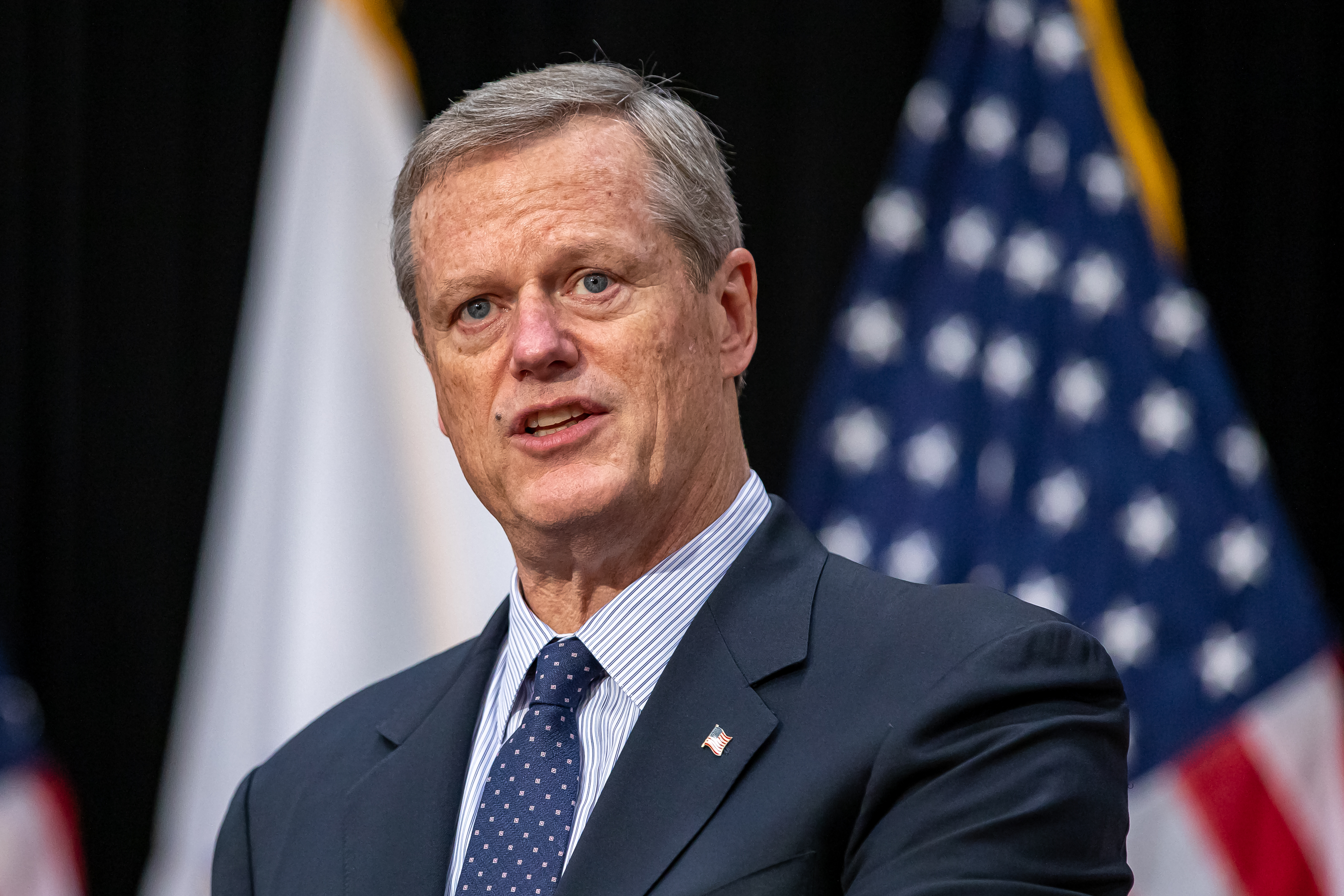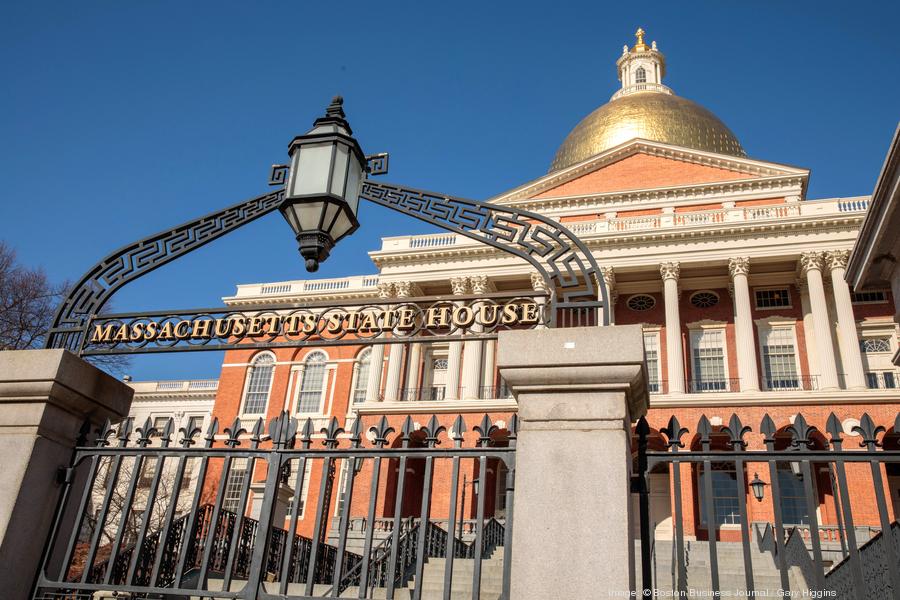The state of emergency could help with unusually long wait times for rideshares in Massachusetts.
Surge pricing is back in Massachusetts.
Uber told NBC10 Boston that surge pricing has resumed now that the state of emergency is over. Lyft said its "Prime Time" pricing returned as well.
WATCH ANYTIME FOR FREE
Stream NBC10 Boston news for free, 24/7, wherever you are. |
It's something rideshare driver Stephen Levine is counting on to make some money.
Levine took nine months off the road during the pandemic because he was afraid of being too close to strangers. And with most people at home anyway, there wasn't much to be made.
Get updates on what's happening in Boston to your inbox. Sign up for our News Headlines newsletter.
"The money was awful," said Levine, who says he contracted COVID-19 from a passenger at the very beginning of the pandemic. "When there's no business, it's just not worth it."

Surge pricing coming to an end in Massachusetts during the state of emergency was a problem for drivers.
"Surge pricing is one of the few incentives that drivers have," said Beth Griffith, executive director of the Boston Independent Drivers Guild.
She says about half of the state's rideshare drivers, including herself, left the rideshare apps during the pandemic, and many shifted to food delivery instead.
"Just because they felt it was a lot safer transporting food and groceries than having actual passengers in their car," said Griffith.
It all led to a driver shortage and long wait times for passengers.
"They're very long," said Back Bay resident Aleks Karosas. "I'd say about 20 to 30 minutes."
Now that the state of emergency is over, surge pricing is allowed to return, which could lead to more drivers hitting the road again, reducing wait times.
More on the coronavirus pandemic in Massachusetts
"During the pandemic, we've got a drop-off on the consumer side, and that makes it really difficult for drivers to continue to earn a living," said Northeastern law professor Hilary Robinson. "You really have to utilize the surging system as an incentive to bring that wage up to a reasonable level, frankly, even a minimum-wage level."
Robinson has studied the rideshare economy in Boston.
"I expect Uber and Lyft to spend a lot of money trying to recruit new drivers," said Robinson. "They know the consumer side is there, people have been complaining of long wait times, they've got to grow up that labor side."
Lyft said in a statement Wednesday that it's recently been seeing demand for rides outpace the number of drivers on the roads.
"We’ve added thousands of drivers in the past few weeks and it’s already leading to a better rider experience with wait times down more than 15% nationwide, and down 35% in some major markets," a representative wrote.



